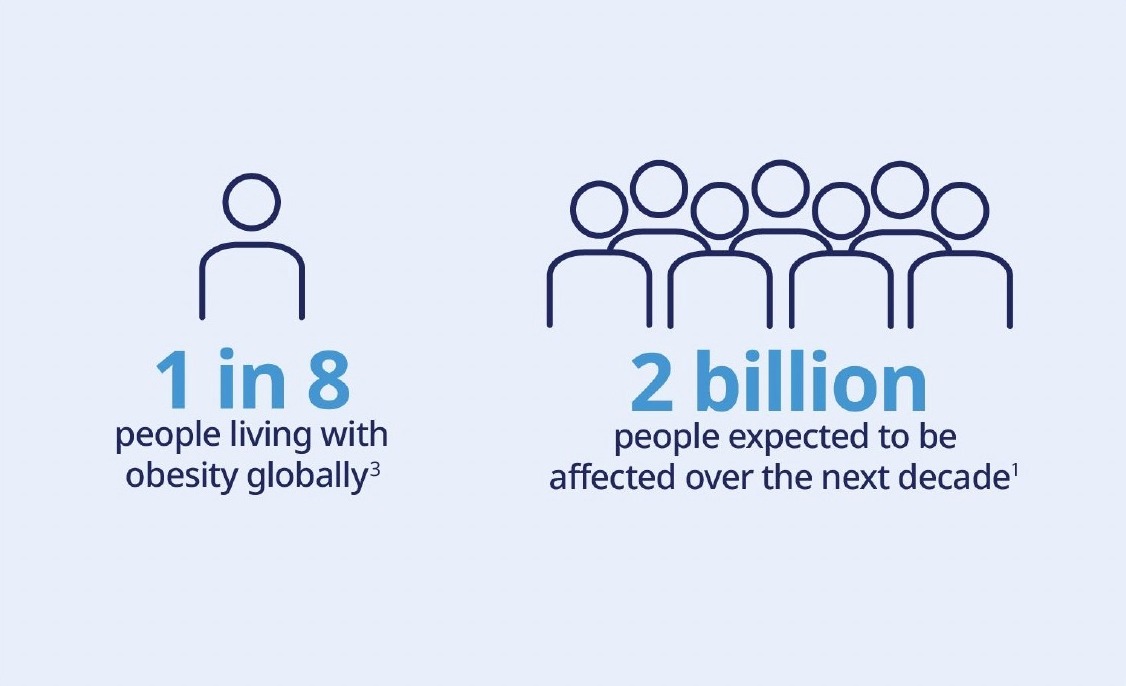
Cardiovascular disease and obesity: A growing but modifiable risk
Cardiovascular risk rises with higher weight – but early intervention may help support better outcomes.6


Obesity is a chronic disease caused by genetic, metabolic, behavioural, neurologic, and environmental factors. Obesity affects 1 in 8 globally.1,2,4

From heart disease to mental well-being, obesity can lead to over 200 serious complications.5
From PCOS to menopause, many women face disorders and hormonal changes that impact weight and health.14-16

Personalised support can improve outcomes – and help counter the biology behind weight regain.17

Discover practical tools, conversation guides, patient materials and international guidelines – all in one place to support better obesity care.
Disclaimer: The images shown on this page are models and not real patients.
HQ25OB00196 | Approved August 2025
The site you are entering is not the property of, nor managed by, Novo Nordisk. Novo Nordisk assumes no responsibility for the content of sites not managed by Novo Nordisk. Furthermore, Novo Nordisk is not responsible for, nor does it have control over, the privacy policies of these sites.
At Novo Nordisk we want to provide Healthcare Professionals (HCPs) with scientific information, resources and tools.
